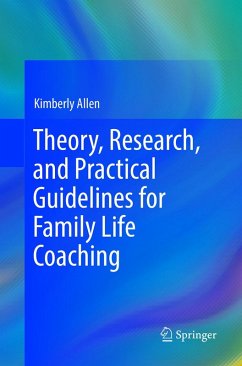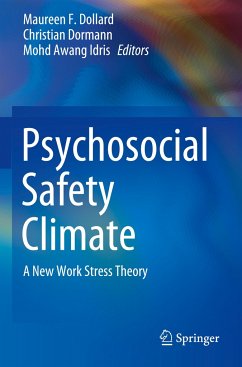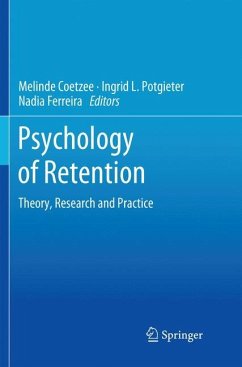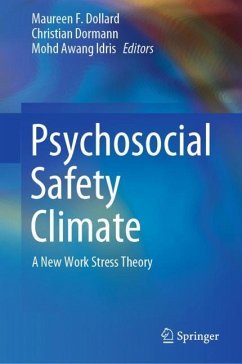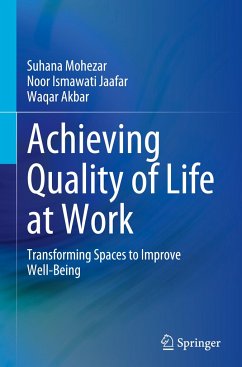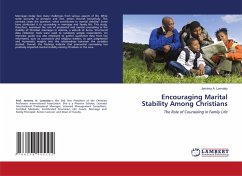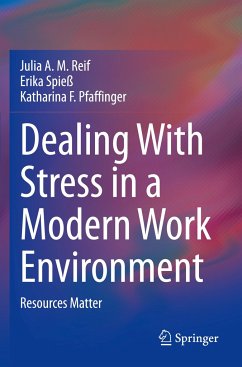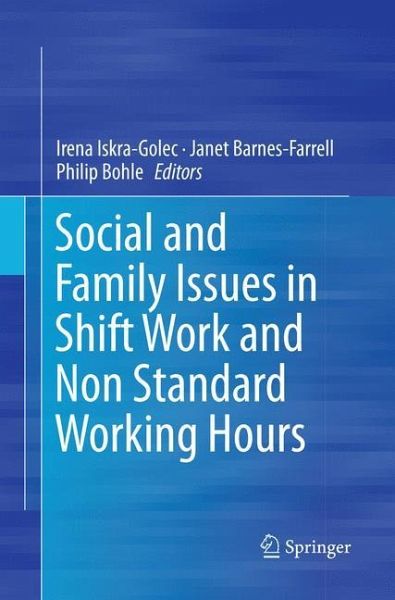
Social and Family Issues in Shift Work and Non Standard Working Hours
Versandkostenfrei!
Versandfertig in 6-10 Tagen
106,99 €
inkl. MwSt.

PAYBACK Punkte
53 °P sammeln!
This book explores the effects of shift work and non standard working hours on family and social life. It features analysis and case studies from an international body of researchers from Europe, the Americas and Australia. It includes contributions from Germany, the United States, the Netherlands, Croatia, Italy, Poland, Australia, and Brazil, that fully examine this increasingly prevalent, and global, issue. The book starts by introducing the problems of work-family linkages, shift work and non-standard work hours. Next, it details the consequences of specific features of shift schedules, su...
This book explores the effects of shift work and non standard working hours on family and social life. It features analysis and case studies from an international body of researchers from Europe, the Americas and Australia. It includes contributions from Germany, the United States, the Netherlands, Croatia, Italy, Poland, Australia, and Brazil, that fully examine this increasingly prevalent, and global, issue. The book starts by introducing the problems of work-family linkages, shift work and non-standard work hours. Next, it details the consequences of specific features of shift schedules, such as decreased opportunities for social participation, family problems and negative effects on partners and children as well as the impact of working time arrangements on work-family conflict over time. The book then looks at the consequences of shift work and non-standard work hours on family members and the workers themselves, including the sleep and daytime functioning of adolescent family members and the ways that non-standard work schedules intersect with the particular challenges and stresses of family responsibilities and strategies that workers use to manage these challenges in sectors where non-standard schedules are the norm. Last, the book considers the role of individual differences in understanding problems of work-family relationships, including a consideration of safety and health at work from the perspective of gender and an examination of the moderating role of chronotype and circadian type characteristics on work-family conflict and work-family facilitation among male shift workers.



